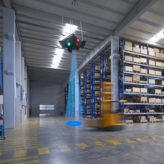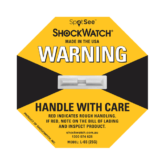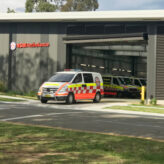Intersections in warehouses are high risk zones where unfortunate accidents sometimes take place. Collisions and accidents occur when there is not enough visibility to safely navigate around corners or intersections. Claitec’s Crossing Guard prevents such accidents by alerting forklift drivers or.







